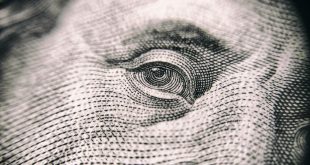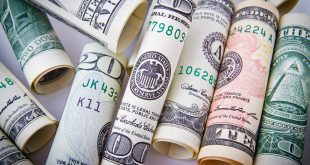European Union officials announced on Tuesday plans to curb corporate tax avoidance strategies among large companies operating within European borders. Up to $80 billion in taxes went unpaid last year, according to the European Commission, and leadership has decided it is time for corporations like MacDonald’s and Amazon to start paying their fair share of taxes.
The new rules would require large corporations to more actively report where they generate profits, and more importantly, where they pay taxes on those profits. “It’s common sense,” said Dallas-based tax attorney Joe Garza. “If you make a substantial amount of profits within a county’s borders, you should owe taxes in that country.”
This ruling on the part of the European Commission, the enforcing branch of the European Union, comes on the heels of several tax avoidance scenarios on the part of American Corporations in Europe. Starbucks lost an EU ruling in which both the Netherlands and Starbucks were told their tax deals were illegal; Starbucks was essentially ordered to pay millions of euros in back taxes, although no actual penalties were enforced.
Starbucks isn’t alone, as Alphabet, Google’s parent company, has paid $260 million in settlement to the EU. According the Business Investor’s Daily, many experts believe Alphabet should pay far more than that.
There is still a long road ahead for these rulings to be translated into effective legislation. Business Investor’s Daily reports that there is still a years-long process ahead before corporations will be held accountable for the new rules:
“The EC statement Tuesday said that the next step is submitting the proposed new rules to the European Parliament and the Council of the EU for discussion, a process that could take months or years, analysts said. If adopted, all 28 EU member states would then have to translate the rules into national legislation.”
The phenomenon of “stateless income,” or profits made without any tax allegiance, has come under fire in the last year as many corporations have found ways around millions in taxes. Strategies like the “Double Irish” and the use of shell companies in tax havens are gaining increased scrutiny, especially in light of the recent Panama Papers scandal.
“It makes no sense to blame the corporations,” adds Garza. “Their job is to make money for their stock holders. The fault mostly lies with the poor regulations and U.S. tax laws that encourage such behavior to occur.”
 Invest Smart Asset Protection and Investment News
Invest Smart Asset Protection and Investment News




